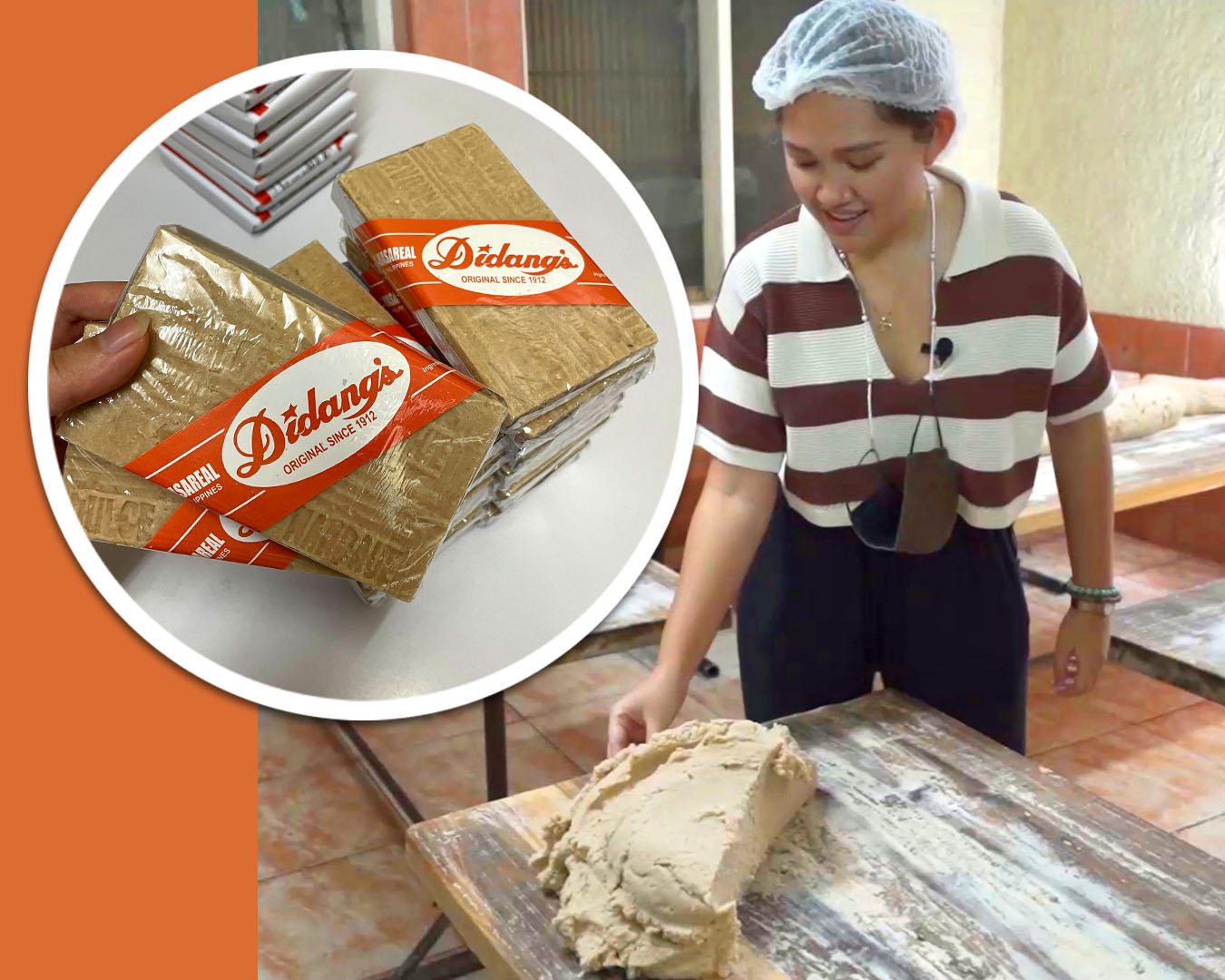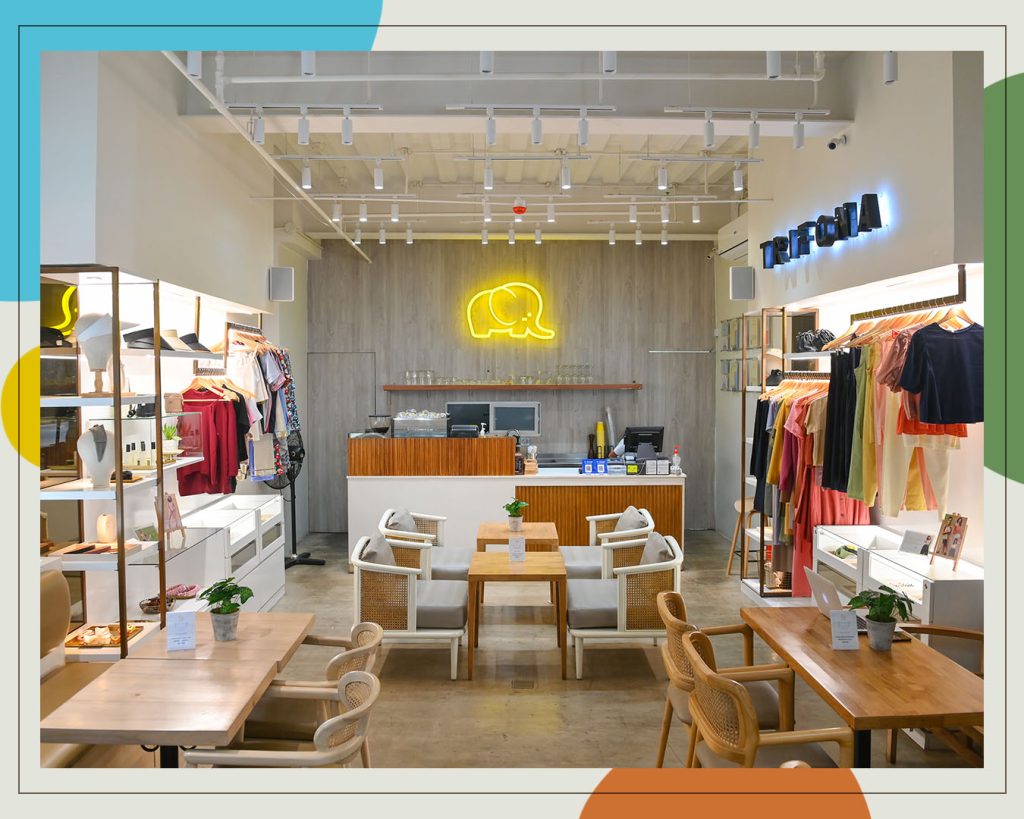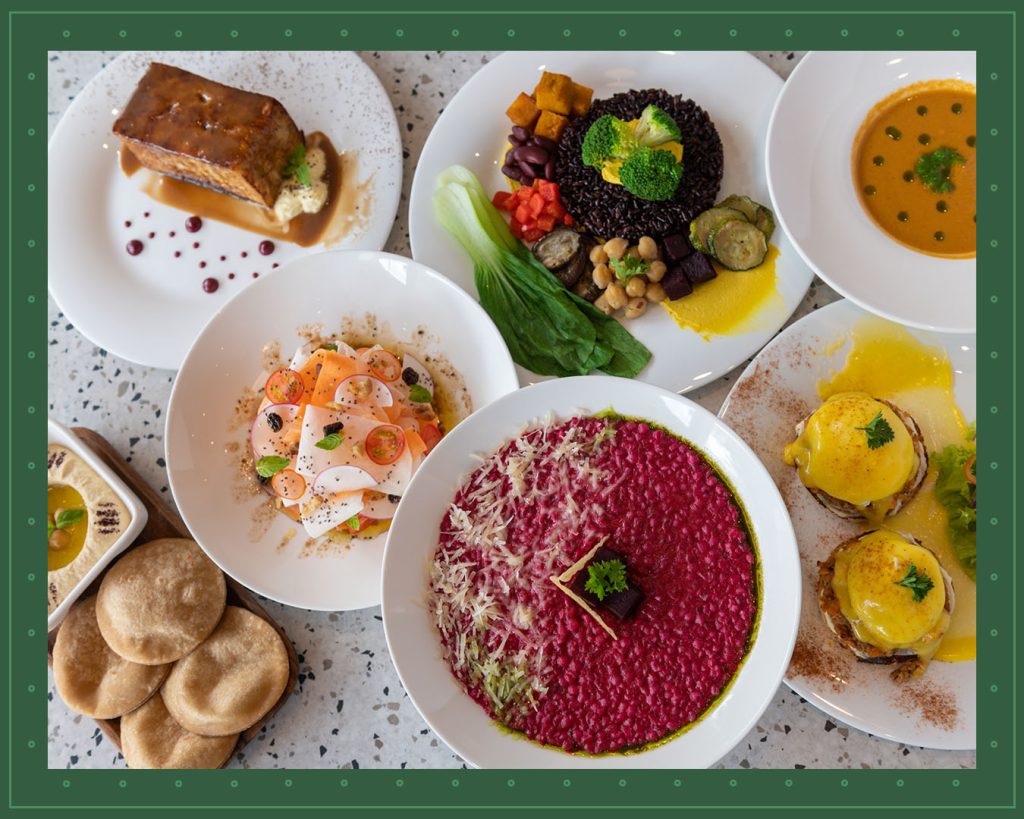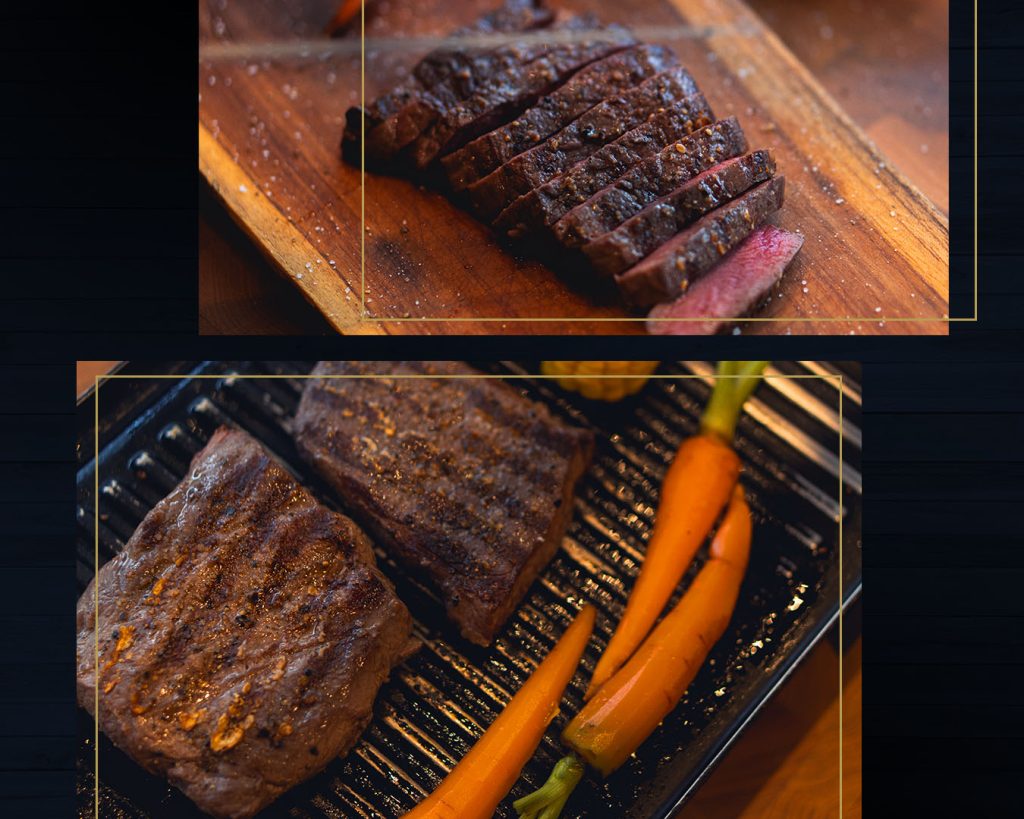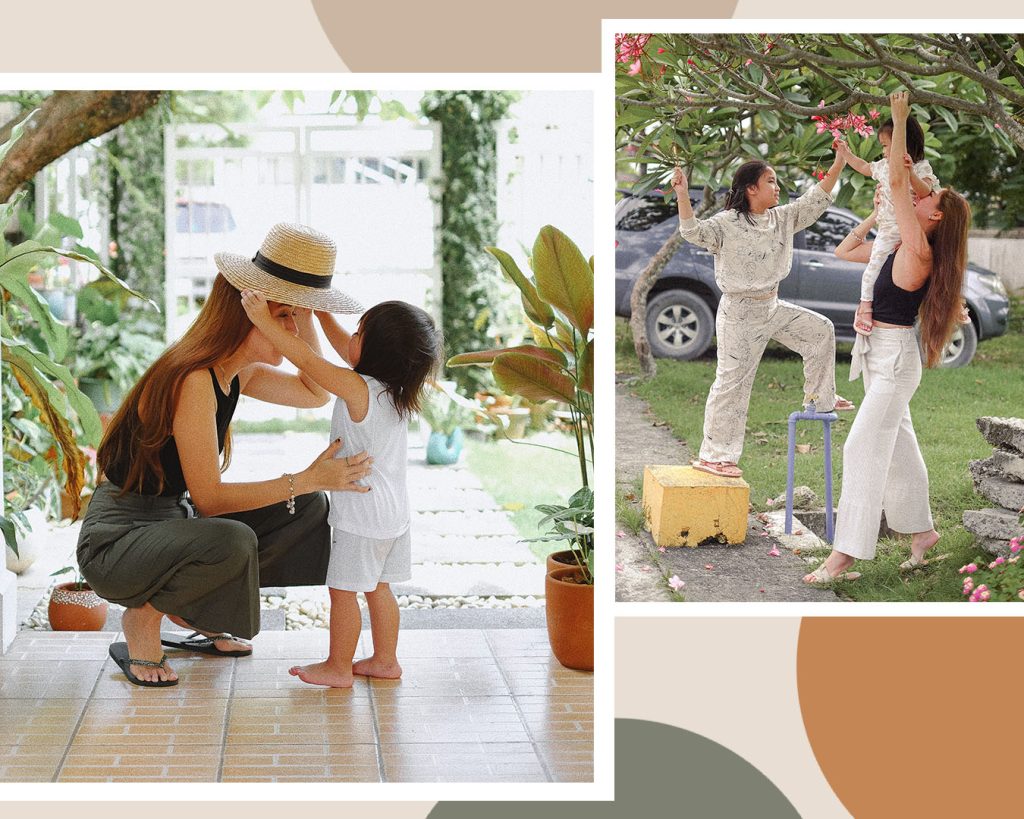My mission to rediscover quintessential Cebuano food goes on!
This time, it made me hop on over to Mandaue City, the manufacturing hub of Cebu. If you look beyond the highways and factories that line up this massive city, you’ll find a humble home that has been churning out masareal, a uniquely Cebuano and trademarked delicacy, for more than a century.
A Cebuano Snack Nut to be Missed
Didang’s delicious masareal is a soft cookie made of ground peanuts and sugar (yes, it’s vegan!). The name came from two Spanish words: “masa,” which means dough, and “real,” which means fine. Uniquely Cebuano, masareal is an original recipe developed by Juliana “Didang” Perez Suico in 1912.
Like most home cooks, she started out selling to family, friends, and neighbors. Business then boomed when her daughters took over in the 1960s and started distributing to malls, seaports, and the airport.
If you’re a local, you’ll probably recognize masareal by its unassuming white paper packaging and are also probably guilty of munching on a little too much of these at one point. I know this for sure because my mother, titas, and sisters go crazy for this whenever we have a pack or two at home.
It’s All About the Mani, Mani, Mani
The Didang’s team has been making masareal the way Didang made it before, only with bigger batches and a couple of machine upgrades. The recipe has not changed for four generations, making it the household name for Mandaue’s masareal.
The process takes about a full day and it starts with cleaning the raw peanuts in hot water. Once it’s been in the water for at least five minutes, it’s then taken out. Sawdust is added to the damp peanuts to act as an abrasive agent, speeding up the process of peeling off the skin.
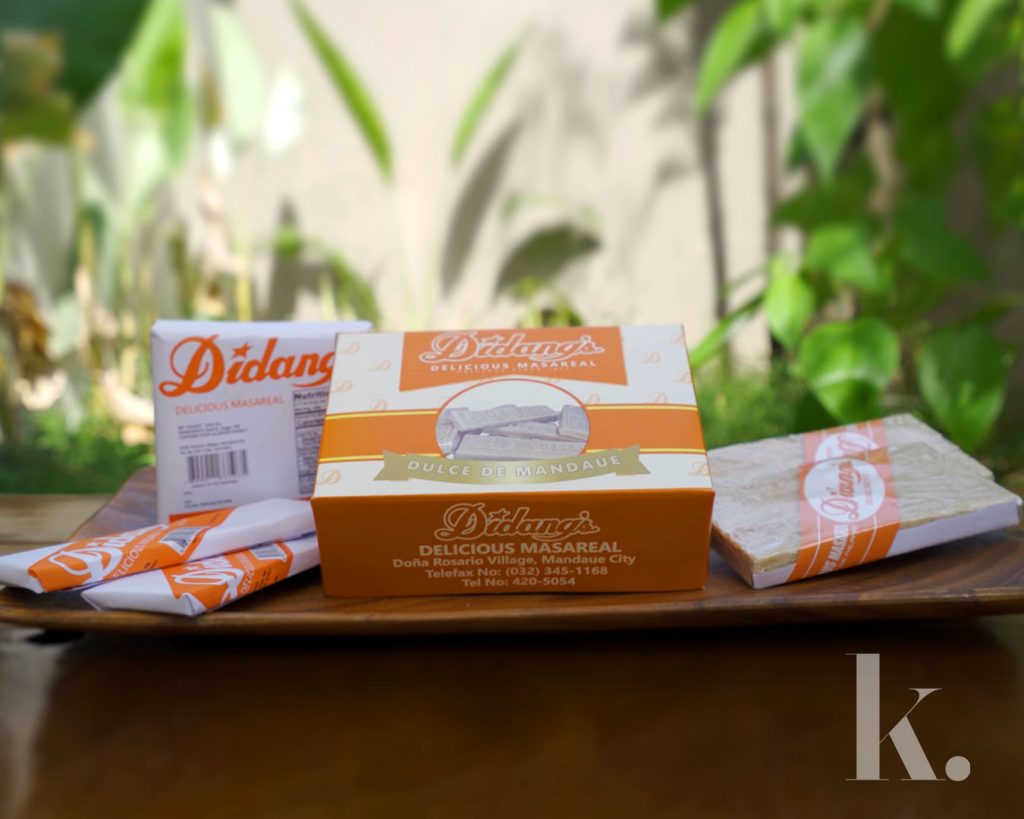
The peanut and sawdust mixture is then placed in their manual blower, where air is blown into the mix to get rid of the skin and sawdust. Since the manual blower is cranked by hand, a little elbow grease goes a long way. The remaining skin is removed by hand and the naked peanuts are then boiled.
The boiled peanuts are ground up to a paste and then transferred to their heated mixer, where the sugar is added gradually and the mix is cooked for about an hour and a half. Shaping the mix to its final form is a race against time because when the dough cools completely, it becomes crumbly and hard to work with.
Nuts About Masareal
Apple Suico, Didang’s operations manager and Didang’s own great-granddaughter is taking over the reins and keeping the masareal legacy alive today. Although many have tried to replicate Didang’s masareal, Apple sees it as healthy competition and as a testament to her great-grandmother’s impact on Cebu.
Masareal isn’t just a souvenir and gift item. After seeing the process myself, I found that Didang’s original and custom masareal mixes can actually be a great base for other home desserts and pastries as well. Switch up your graham cracker cheesecake base with masareal, or crumble it on top of some vanilla ice cream, and you’re sure to make your family (or yourself) nuts about this pantry addition. The possibilities are endless!
Whether it be in your pantry, on department stores’ shelves, or on dignitaries’ wish lists, Didang’s masareal has been making a mark on Filipinos for over 109 years and continues to do so today. Masareal is truly a Cebuano snack experience on its own, and it’s not to be missed.
To pre-order Didang’s original and custom masareal, contact Apple Suico at +63 917 317 2854 or drop by Didang’s headquarters at Dona Rosario Village, Mandaue City, or message them on Facebook.


